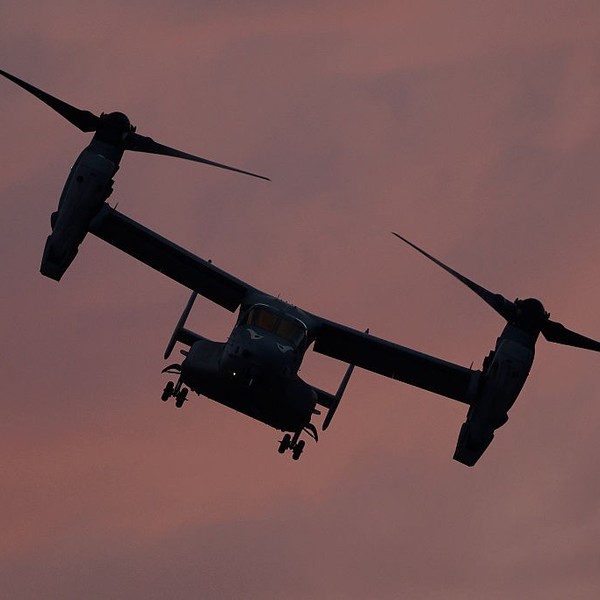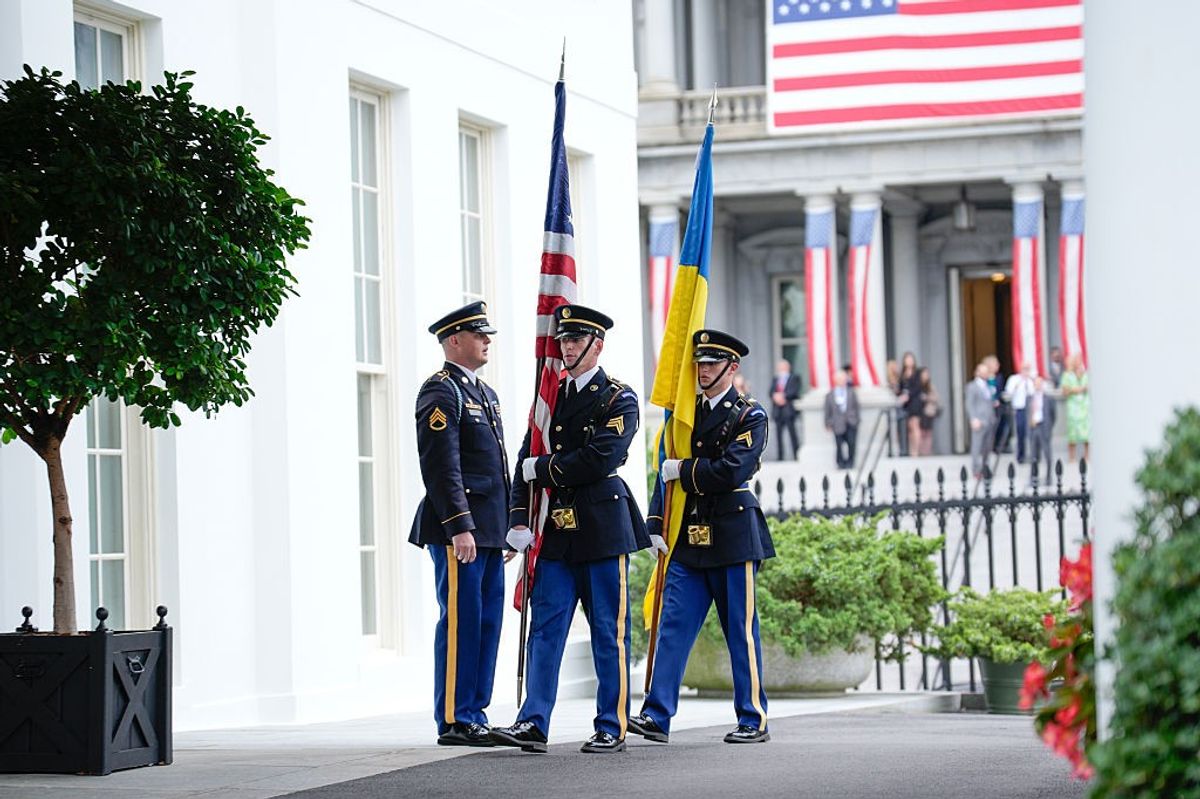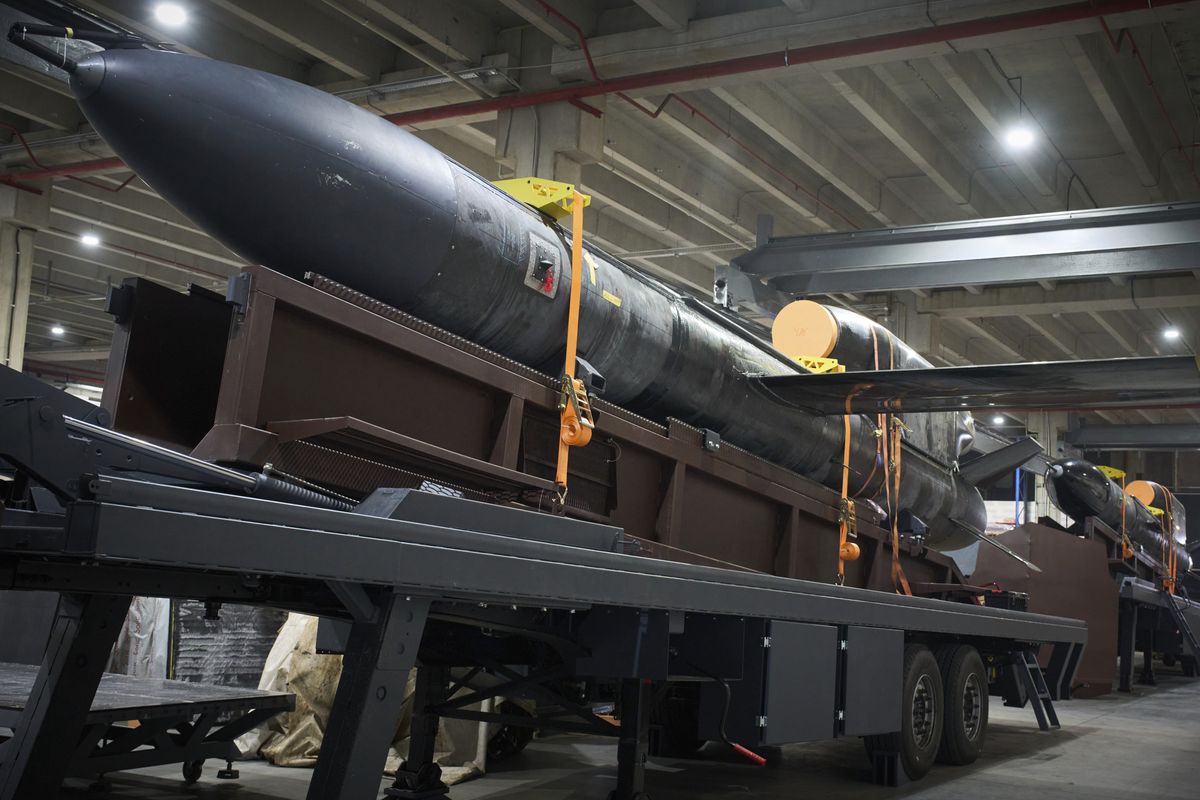Kristin Wood and Sarah Kneller are Co-Founders of August Interactive. They have spent much of the last two years speaking with the military and veteran community about the ongoing suicide epidemic.
OPINION — 10 September is World Suicide Prevention Day.
While all loss of life is tragic, we particularly want to draw attention to something not widely known outside of military circles: some 140,000 veterans have died by suicide since 2001, and suicide rates also have significantly increased in the active-duty population over the same period.
Each one leaves behind not just a grieving family, but a community forever altered. It's the kind of loss that cannot be contained. It reaches across dinner tables, classrooms, workplaces, and communities—sometimes without us even realizing it.
If you think this crisis doesn’t affect you—think again.
Every veteran and military service member is a thread in the tapestry of our society. When that thread is lost, the fabric weakens. The impact is more than emotional; it’s deeply practical and economic. Their absence means fewer experienced mentors in our workplaces, fewer volunteers in our neighborhoods, and fewer leaders in our communities. The loss of each veteran is also a loss to our economy—potential contributions, innovations, and wisdom that will never be realized.
Authors’ Note: Discussing the economic impact of veteran suicide is undeniably delicate—no number can ever reflect the true cost of a human life or the pain felt by loved ones left behind. Our intention is not to reduce this tragedy to dollars and cents, but to shed light on just how deeply these losses affect all of us, especially for those who may feel far removed from military life. By bringing this conversation into focus, we hope to inspire greater understanding, compassion, and action—because veteran mental health is a concern for every community, not just those in uniform.
The Ripple Effects—Seen and Unseen
The People We Lean On
Veterans and military service members often become the coaches, small business owners, first responders, and volunteers who make our communities strong. When we lose them, we all lose.
-When Vietnam veteran Harold Johnson passed away, hundreds in his neighborhood attended a memorial walk he started years earlier to support local charities. Former students, neighbors, and fellow veterans shared stories of how Harold’s mentorship and volunteerism shaped their lives. The event became an annual tradition, preserving his influence on the community.
Invisible Wounds, Visible Consequences
Each suicide sends ripples through families, units, and neighborhoods. Research tells us that every loss directly touches more than 100 people—friends, coworkers, neighbors—who carry the weight of grief, and sometimes, renewed risk.
-Retired Army sergeant Justin Anderson started offering free car snow plow services. His efforts strengthened trust and support among local residents, who later rallied to support him during his own health challenges. The story underscores the deep connections veterans can foster in their communities.
The Burden Carried by Families
Spouses, parents, and children often become caregivers long before a loss occurs, sometimes sacrificing their own dreams and financial security. When the worst happens, communities step in to help, but the support is rarely enough to fill the space left behind.
-Stacey Hawley, a 2024 Dole Caregiver Fellow, became the full-time caregiver for her son, a wounded veteran, and saw her savings dwindle to the point that she had to donate plasma to make ends meet. Her experience exemplifies the immense financial and emotional sacrifices made by more than 14 million military and veteran caregivers in the U.S., many of whom face poverty, food insecurity, and mental health challenges as they support their loved ones.
Diminished Voices in Our Democracy
Veterans vote, volunteer, and run for office at higher rates than most Americans. Their loss means quieter communities, with fewer voices willing to bridge divides or step up in times of need.
-A recent study by the Center for Effective Lawmaking suggests that veterans often foster unity and bipartisanship, bridging political divides and facilitating constructive dialogue on critical issues.
The Cipher Brief brings expert-level context to national and global security stories. It’s never been more important to understand what’s happening in the world. Upgrade your access to exclusive content by becoming a subscriber.
The Economic Impact Is Closer Than You Think
We can never put a true price on human life. Full stop. But thinking about the economic consequences for all of us show that they reach far beyond what we might initially see:
●Lost Productivity and Innovation: Each veteran or military member lost represents $1.4 to $2.1 million in potential economic contribution. Across 140,000 lives, this is nearly $200 billion in lost value—resources that would have supported families, started businesses, and built stronger communities.
●Healthcare and Social Costs: The costs of crisis care, medical treatment, and survivor support add up quickly—and are often borne by our shared healthcare and social service systems.
●Fewer Volunteers and Community Builders: Veterans give 25% more volunteer time than non-veterans. Their absence means millions of hours of community service and leadership never realized.
Why This Matters to All of Us
Military and veteran suicide are not just military issues or private tragedies—they are losses that quietly reshapes the communities we all share. When a veteran is lost, we lose a neighbor who might have coached Little League, a mentor who could have inspired a young entrepreneur, or a friend who would have stepped up in a crisis. We lose the unique perspectives and leadership that come from service and sacrifice.
This is why prevention matters—not just for those who served, but for all of us. Investing in mental health support, community connection, and honoring our national promise to veterans strengthens the very foundation of our society.
Moving Forward—Together
The numbers are sobering, but they only hint at the true cost. The empty seat at a community dinner, the missing voice in civic life, the innovation never born—these are losses we all feel, even if we never know the name or the story.
We all have a role to play. Reach out. Listen. Advocate for strong support systems. When we support veterans and their families, we are not only honoring their service—we are investing in the strength and resilience of our own communities.
Veteran suicide is a national crisis, but it is also deeply personal. It touches us all, whether we realize it or not.
And together, we can make a difference.
Statistics in this document are based on research and estimates from the CDC, Department of Veterans Affairs, and academic studies. While we strive for accuracy, the true human impact extends far beyond what any analysis can capture.
The Cipher Brief is committed to publishing a range of perspectives on national security issues submitted by deeply experienced national security professionals.
Opinions expressed are those of the author and do not represent the views or opinions of The Cipher Brief.
Have a perspective to share based on your experience in the national security field? Send it to Editor@thecipherbrief.com for publication consideration.
Read more expert-driven national security insights, perspective and analysis in The Cipher Brief















